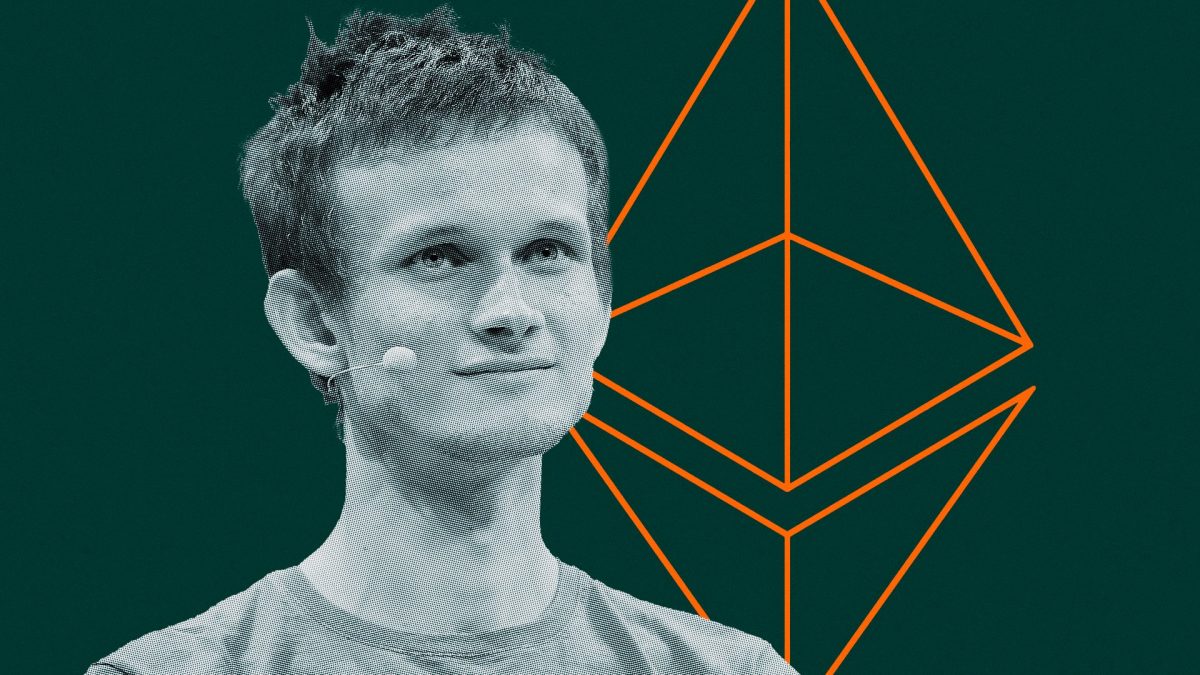Buterin Unveils Bold Vision to Transform Ethereum Layer-2 Interoperability
06.08.2024 18:00 1 min. read Alexander Stefanov
Vitalik Buterin, Ethereum’s co-founder, has unveiled his plans to improve cross-chain compatibility among Ethereum layer-2 networks, aiming to enhance the overall Ethereum ecosystem.
In a recent post, Buterin discussed strategies for addressing interoperability challenges between layer-2 solutions, building on his earlier comments about the rapid resolution of these issues. He highlighted several Ethereum Improvement Proposals (EIPs) that are critical to this effort.
One key proposal, EIP-3370, suggests a new address format for wallets and decentralized apps, using readable prefixes for different chains. Another proposal, EIP-7683, focuses on creating a standardized method for layer-2 networks to communicate and trade across various chains, aiming to simplify and improve current processes.
EIP-3668 proposes a standardized approach for Ethereum smart contracts to access off-chain data efficiently, referred to by Buterin as “layer-2 light clients,” which could lower data storage costs on-chain.
Buterin also mentioned future developments like keystore rollups and proof aggregation, which are intended to further enhance layer-2 cross-chain interactions. He expects all rollups to eventually transition to zk-rollups for Ethereum finalization, though this is projected to be several years away.
Earlier this year, VanEck projected that Ethereum’s layer-2 scaling solutions could achieve a $1 trillion market cap in the next six years.
-
1
Ethereum Gets Serious About Security with New Roadmap and Leadership Changes
12.06.2025 8:00 1 min. read -
2
PancakeSwap Unveils Seamless Crosschain Swaps with Game-Changing Upgrade
12.06.2025 13:00 1 min. read -
3
Israel vs. Iran: Who Really Leads the Middle-East Blockchain Race?
13.06.2025 20:00 2 min. read -
4
Solana Partners with Kazakhstan to Launch Digital Economy Zone
22.06.2025 18:00 2 min. read -
5
Binance Prepares for THORChain Upgrade, Temporarily Halts RUNE Transfers
17.06.2025 16:55 1 min. read
What the U.S. Blockchain Act Means for Crypto’s Future
The U.S. House of Representatives has taken a major step toward digital asset regulation by passing the Deploying American Blockchains Act of 2025.
Top 10 DeFi Projects by Development This Month
According to a new report by Santiment, Chainlink ($LINK) has maintained its dominant position as the most actively developed DeFi project over the past 30 days.
XRP Ledger Sees Sharp Drop in Activity as Key Network Metrics Tumble
The XRP Ledger has seen a dramatic slowdown in usage, with fresh data revealing a steep drop in both transactions and new account activations—raising concerns about the token’s short-term outlook.
Coinbase Brings Cardano and Litecoin to DeFi via New Wrapped Tokens on Base
Coinbase has taken another step toward boosting DeFi participation by launching wrapped versions of Cardano and Litecoin on its Base Layer 2 network.
-
1
Ethereum Gets Serious About Security with New Roadmap and Leadership Changes
12.06.2025 8:00 1 min. read -
2
PancakeSwap Unveils Seamless Crosschain Swaps with Game-Changing Upgrade
12.06.2025 13:00 1 min. read -
3
Israel vs. Iran: Who Really Leads the Middle-East Blockchain Race?
13.06.2025 20:00 2 min. read -
4
Solana Partners with Kazakhstan to Launch Digital Economy Zone
22.06.2025 18:00 2 min. read -
5
Binance Prepares for THORChain Upgrade, Temporarily Halts RUNE Transfers
17.06.2025 16:55 1 min. read


